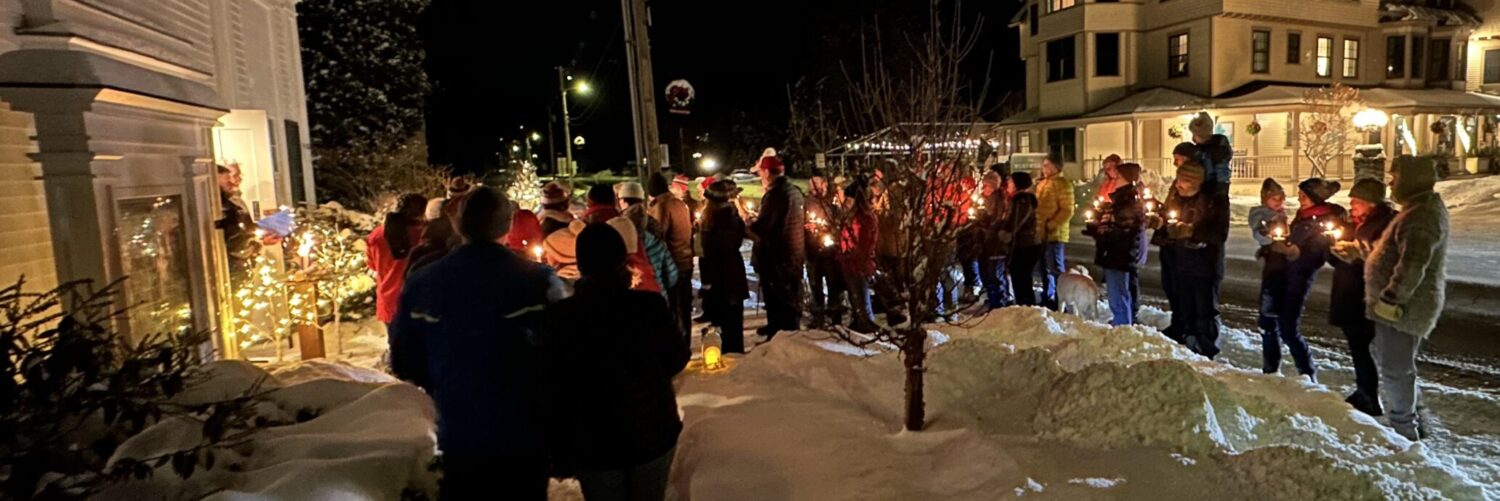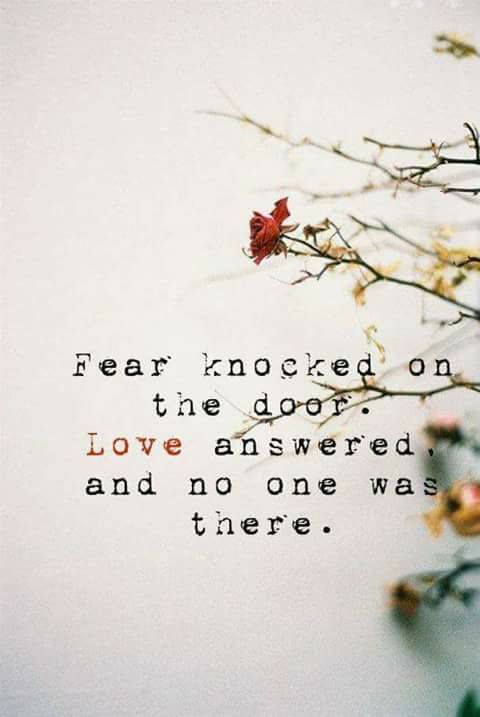Reflections on journeys that involve struggles with demons: Part 2 – Facing fears, naming hurt and healing ourselves, our loved ones and strangers (sometimes through forgiveness)
We are not responsible for what breaks us, but we can be responsible for what puts us back together again. Naming the hurt is how we begin to repair our broken parts ― Desmond Tutu Awareness is the first step in healing. — Dean Ornish The wound is the place where the Light enters you. […]

